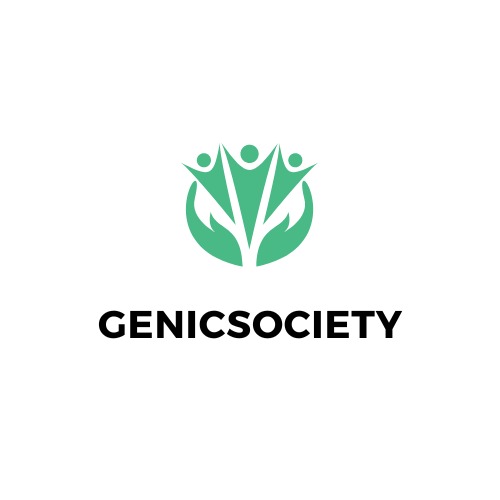In an era where consumers are bombarded with countless digital marketing services messages every day, standing out and resonating with your audience has never been more crucial. Enter the power of personalization in digital marketing—a strategy that not only captures attention but fosters meaningful connections by delivering content that is highly relevant and tailored to individual preferences. This comprehensive guide explores the essence of personalization in digital marketing, its benefits, strategies for implementation, and the future trends that will shape personalized marketing efforts.
The Rise of Personalization in Digital Marketing
Understanding Personalization
Personalization in digital marketing refers to the practice of using data and analytics to deliver individualized messages, offers, and product recommendations to consumers. By tailoring interactions based on specific customer data points such as past behavior, preferences, and demographics, brands can significantly enhance the customer experience.
- Fact: According to a report by Epsilon, 80% of consumers are more likely to make a purchase from a brand that provides personalized experiences.
The Benefits of Personalization
Increased Customer Engagement
Personalized content is far more engaging than generic messages. By addressing the individual needs and interests of your audience, personalization fosters a deeper connection between consumers and brands, leading to higher engagement rates.
Boosted Conversion Rates
Personalization directly impacts the bottom line by boosting conversion rates. Tailored product recommendations and targeted offers have a higher likelihood of resonating with consumers, prompting action more effectively than one-size-fits-all campaigns.
Enhanced Customer Loyalty
By consistently delivering personalized experiences, brands can cultivate customer loyalty. Personalization shows consumers that a brand values and understands them on a personal level, encouraging repeat business and long-term loyalty.
Implementing Personalization in Your Digital Marketing Strategy
Leveraging Data for Insightful Personalization
The foundation of any successful personalization strategy is data. Collecting and analyzing data from various touchpoints, including website interactions, purchase history, and social media engagement, allows marketers to gain insights into customer behavior and preferences.
Segmenting Your Audience
Effective personalization requires segmenting your audience into distinct groups based on shared characteristics or behaviors. This enables marketers to create more targeted and relevant campaigns for different segments of their audience.
Tailoring Content Across Channels
Personalization should be consistent across all digital marketing channels, from email to social media to your website. Dynamic content that changes based on user data can provide a seamless, personalized experience across the customer journey.
Utilizing AI and Machine Learning
Artificial intelligence (AI) and machine learning technologies are revolutionizing personalization by enabling real-time data analysis and automated decision-making. These technologies can predict customer preferences and deliver personalized content at scale, without manual intervention.
Overcoming Challenges in Personalization
Balancing Personalization and Privacy
As personalization relies heavily on consumer data, balancing personalized marketing efforts with privacy concerns is crucial. Transparent data collection practices and adherence to privacy regulations are essential for maintaining consumer trust.
Avoiding Over-Personalization
While personalization can enhance the customer experience, there is a fine line between being helpful and being intrusive. Over-personalization can lead to discomfort and alienation, so it’s important to use customer data thoughtfully and respectfully.
The Future of Personalization in Digital Marketing
Predictive Personalization
Emerging technologies will enable even more sophisticated personalization strategies, including predictive personalization. This involves using AI to predict future customer behavior and preferences, allowing brands to proactively deliver personalized experiences.
Hyper-Personalization
Hyper-personalization takes personalization to the next level by leveraging real-time data to deliver highly individualized customer experiences. As technology advances, hyper-personalization will become more feasible and effective, providing unprecedented opportunities for engagement.
The Role of Voice and Conversational Marketing
As voice search and conversational interfaces like chatbots become more prevalent, personalization will extend to these platforms. Tailoring responses and recommendations based on individual voice queries or chat interactions will be a key frontier in personalized marketing.
Conclusion: The Personal Touch in a Digital World
Personalization in digital marketing represents a paradigm shift from mass marketing to individualized experiences, offering a pathway to deeper customer engagement, higher conversions, and lasting loyalty. By leveraging data, technology, and creative strategies to understand and anticipate customer needs, brands can deliver marketing messages that truly resonate. As we look ahead, the continued evolution of personalization technologies promises to further transform the digital marketing landscape, making the personalized approach not just a strategy but a necessity for brands seeking to thrive in the competitive digital marketplace
